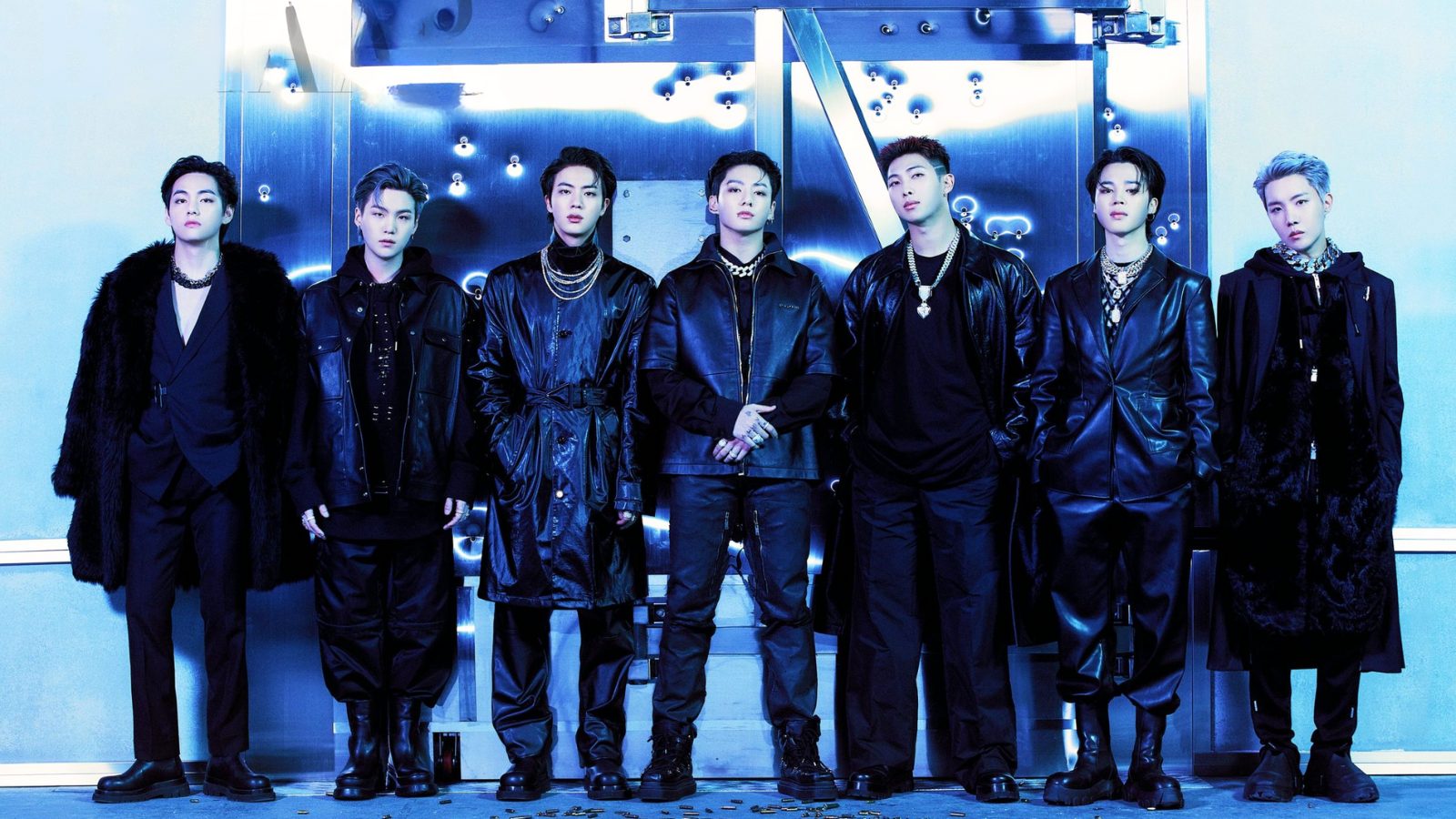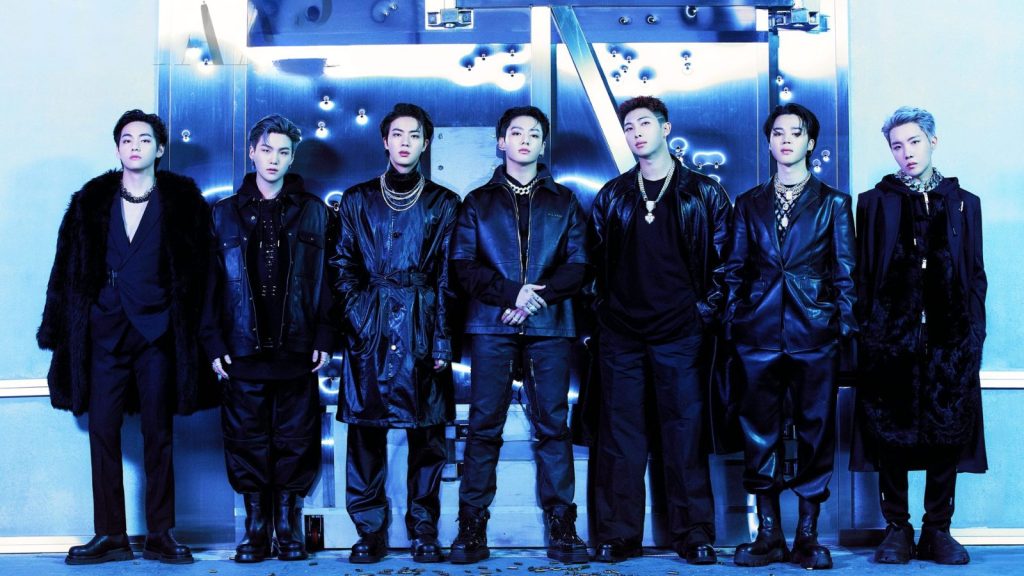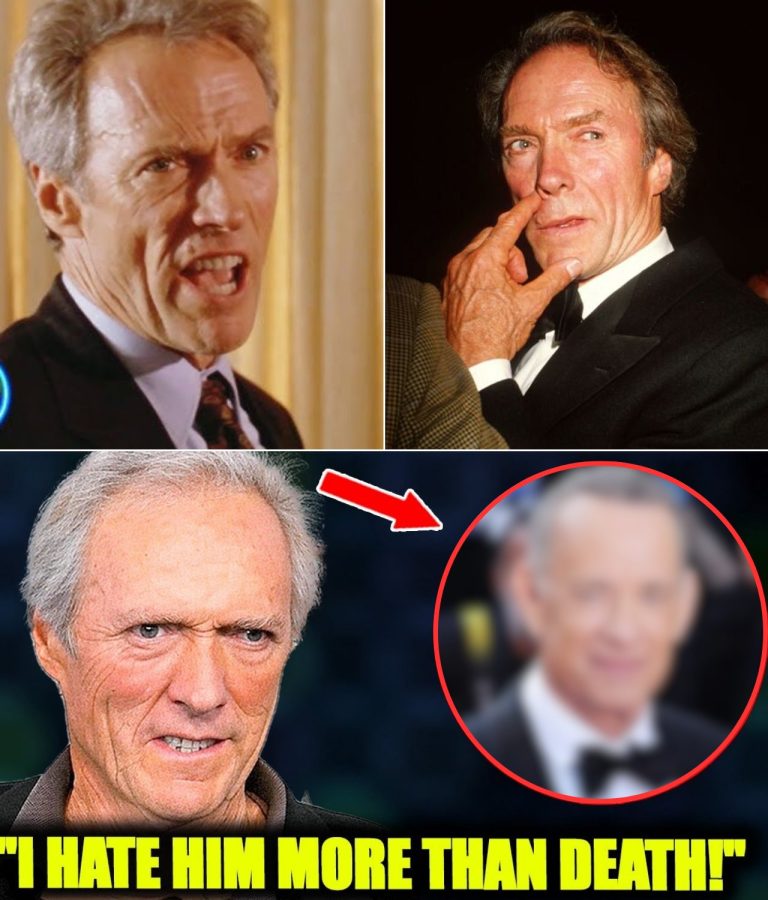HYBE and BTS are making significant waves in the U.S. music industry, with HYBE now ranked as the fourth-largest music label globally, valued at approximately $6.6 billion. This ascent places it behind industry giants Sony Music, Universal Music Group, and Warner Music Group, which boast market capitalizations of $149.76 billion, $50.61 billion, and $16.20 billion, respectively.

Despite its rapid growth, HYBE faces challenges in establishing influence comparable to its larger counterparts. The company’s market capitalization fluctuates based on stock prices, reflecting public perception rather than actual revenue or profit. While its valuation is climbing, the influence exerted by established entities like Sony and Universal stems from decades of industry relationships, which HYBE has yet to fully cultivate.
Moreover, HYBE’s unique approach to artist management contrasts with traditional industry practices. While other labels focus on catalog-based revenue from established artists, HYBE emphasizes an artist-centric model, heavily reliant on BTS’s global success. This dependency poses risks, as the company works to diversify its roster and expand its influence.

Cultural and institutional barriers also hinder HYBE’s progress in the Western market. Its Korean roots present communication challenges, and building relationships with U.S. radio stations and media outlets is a slow process. As a result, despite producing chart-topping hits, BTS and its members have struggled to secure mainstream radio play.
However, HYBE is adapting to changing industry dynamics. With an increased focus on digital strategies and a commitment to engaging with fans directly, the company is positioning itself to leverage future trends in streaming and gaming, which are expected to dominate the music landscape. As artist-centric strategies evolve, HYBE may well redefine its role in the U.S. music industry, paving the way for greater influence in the years to come.



